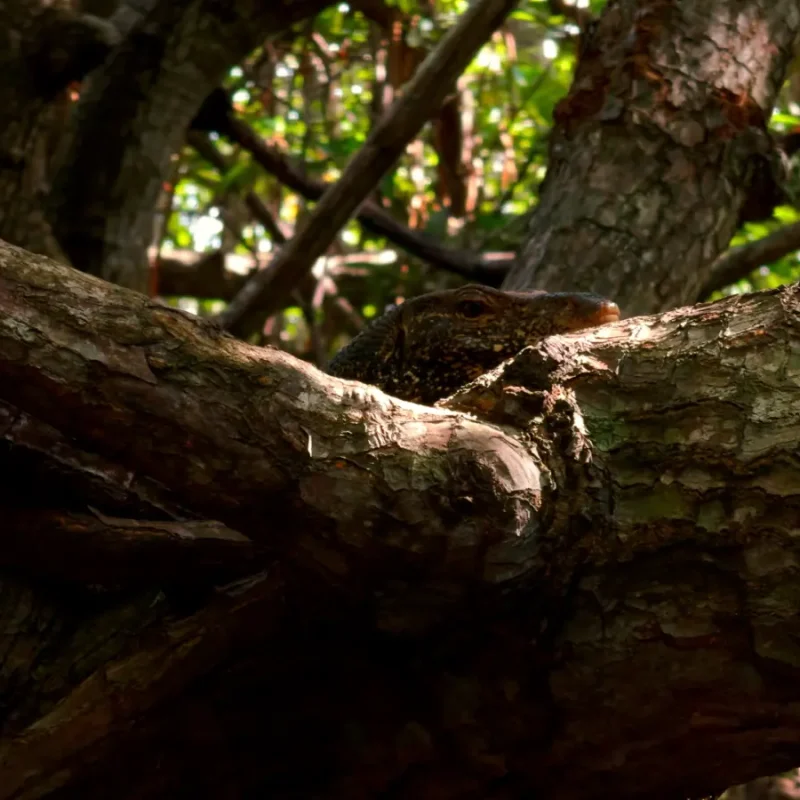
Biodiversity
Biodiversity: Nature, resilience, and shared opportunities for Africa–Europe collaboration
Biodiversity forms the foundation of healthy, resilient societies. Our food systems, economies, climate stability, and public health all depend on ecosystems that function well. The COVID-19 pandemic underscored how the destruction of nature increases the risk of emerging infectious diseases and how deeply human well-being is tied to the natural world. Protecting and restoring biodiversity is therefore not only an environmental priority—it is essential for health, climate resilience, livelihoods, and sustainable development across Africa and Europe.
Nature is also an economic asset. More than half of global GDP depends on the services nature provides, with sectors such as agriculture, construction, fisheries, tourism, and food and drink highly dependent on ecosystem stability. Biodiversity conservation, natural capital restoration, and nature-based solutions offer high economic multipliers, reduce risk, and create long-term value. Yet biodiversity loss is accelerating: changes in land and sea use, overexploitation, pollution, climate change, and invasive species are driving rapid declines in wildlife, the degradation of forests, wetlands and marine ecosystems, and the diminishing resilience of rural and urban areas.
For agri-food systems, biodiversity underpins nutritious diets, crop stability, soil fertility, pest control, pollination, fisheries productivity, and livelihoods. As more than 75% of global food crops depend on pollinators, and as climate-linked disruptions intensify, protecting biodiversity becomes essential for the food security of both continents.
Climate change and biodiversity loss reinforce one another: climate impacts accelerate ecosystem degradation, while the destruction of nature undermines climate adaptation and mitigation efforts. In this context, nature itself becomes a critical ally—through wetlands, peatlands, mangroves, forests, grasslands, and agricultural soils that store carbon, regulate water, and buffer communities against extreme weather.
Africa and Europe share a deep interest in reversing biodiversity loss and strengthening resilience. Both continents are home to globally significant ecosystems, and both face the socioeconomic impacts of environmental degradation. Collaboration in research, innovation, policy, and implementation can support:
-
restoration of degraded landscapes, forests, and watersheds;
-
nature-based solutions for climate adaptation and mitigation;
-
sustainable agriculture and agroecology;
-
marine protection and fisheries management;
-
biodiversity monitoring, digital tools, and early-warning systems;
-
community-led conservation and inclusive benefit-sharing.
EU programmes such as Horizon Europe and FP10, Global Gateway, NDICI–Global Europe, the EU Nature Restoration agenda, and climate and environment missions provide practical entry points for African and European scientists, conservationists, policy-makers, and local communities to collaborate on biodiversity action.
Within this landscape, AERAP supports collaboration by bringing together African and European institutions, researchers, and practitioners working on biodiversity, conservation technology, habitat restoration, and climate–nature interactions. AERAP’s role includes:
-
organising workshops, roundtables, and Science Summit sessions to share knowledge and emerging science;
-
creating opportunities for research partnerships, innovation projects, and community-based initiatives;
-
helping African partners access information about EU research and funding opportunities related to biodiversity and nature-based solutions;
-
facilitating exchanges that link biodiversity with health, climate, food systems, and sustainable economic development.
Through these activities, AERAP helps ensure that biodiversity becomes a shared pillar of Africa–Europe cooperation, supporting a future where ecosystems are restored, resilient, and able to sustain communities and economies on both continents.
